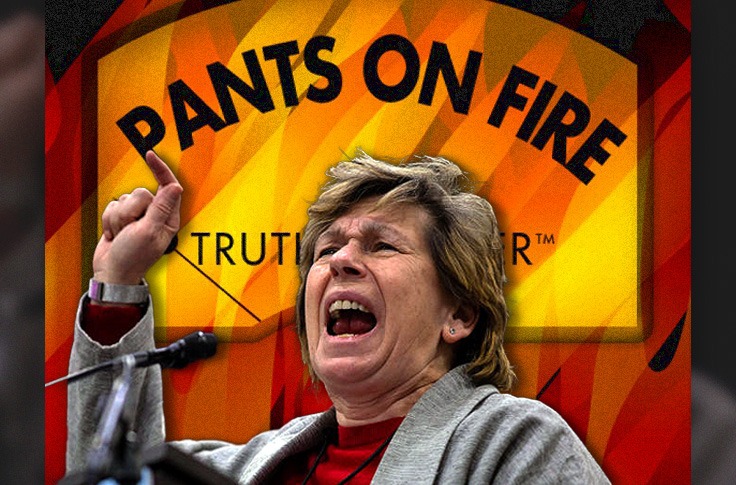
Randi Weingarten's Resignation: A Shift in Democratic Leadership
In a significant move, Randi Weingarten, a prominent voice in the Democratic Party and leader of the American Federation of Teachers, has stepped down from her position at the Democratic National Committee (DNC). Her resignation comes as a reaction to emerging leadership dynamics under Chairman Ken Martin, marking a pivotal moment for both Weingarten and the party she has represented for over two decades.
A Letter of Discontent: Weingarten’s Resignation Explained
In her resignation letter dated June 5, Weingarten expressed her discontent with the current direction of the party, stating, “While I am proud to be a Democrat, I appear to be out of step with the leadership you are forging.” This message highlights her discomfort with a leadership style that she believes lacks inclusivity and fails to engage a broader community. Her position on the DNC's Rules and Bylaws Committee, which she joined in 2009, had once positioned her at the forefront of party strategy, but recent changes have overshadowed her contributions.
Party Politics: The Rift Between Weingarten and Martin
Weingarten’s resignation was largely influenced by tensions within the party, particularly following Ken Martin's election as chairman. She had supported Ben Wikler, Martin's rival, which perhaps set the stage for her eventual exclusion from critical committees. Martin's recent actions, including removing Weingarten from influential roles, suggest a potential shift in the party's priorities that may signal challenges for those who supported alternative leadership.
The Broader Implications for the Democratic Party
Weingarten's departure is more than just a personal decision; it indicates a rift within the Democratic Party at a time when unity is paramount. The party politics shaped by individuals like David Hogg, who have expressed a willingness to challenge incumbents, further complicate the landscape. Hogg's announcement that he would fund primary campaigns against sitting Democrats underscores a growing urgency for change and indicates that Weingarten's call for a larger, more engaging political tent resonates with a segment of the Democratic base.
Why This Matters: The Future of Democratic Leadership
This resignation could have significant ramifications for the Democratic Party, especially as it gears up for the upcoming elections. Challenges to established leaders could hasten a reevaluation of party strategies and priorities. Weingarten’s commitment to inclusivity reflects a desire for a broader alliance that resonates with many Americans who feel marginalized by current political systems. The question remains whether new leadership will heed this call.
Reflection on Leadership and Change
As political analysts reflect on Weingarten's decision to leave the DNC, it is crucial to consider the implications for union leadership and collective bargaining power within educational systems and beyond. With 1.8 million members under her purview, the impact of her resignation extends to grassroots movements and labor rights advocacy nationwide. Her departure raises questions about the future of labor representation within the Democratic Party.
Looking Ahead: What Lies in Store for Weingarten and the DNC?
While the Democratic National Committee navigates this tumultuous transition, Randi Weingarten's future in labor activism and education reform remains a focal point. Her exit presents both a challenge and an opportunity for the party—a chance to regroup and reconsider how it engages with its base and responds to the needs of communities across the nation. It is vital for the party's leadership to embrace dialogue with all factions to foster a more unified front going into the future, especially with elections looming.
Engaging with Tomorrow’s Political Landscape
For young voters and new political activists, the unfolding dynamics within the Democratic Party present both a challenge and an opportunity. As Weingarten’s voice has previously resonated with progressive values, her departure serves as a reminder of the importance of representation and the need for active participation in shaping the party’s future. Engaging with local political initiatives and understanding the implications of leadership conflicts can empower a new generation to take part in the political discourse.
As the political landscape evolves, it is crucial for all constituents—especially those engaged in unions and education—to remain informed and active in their local contexts. Keeping a close watch on developments in Democratic leadership and the responses from influential figures within the party will shape much of the ongoing dialogue and strategy leading up to the critical elections ahead.
 Add Element
Add Element  Add Row
Add Row 



 Add Row
Add Row  Add
Add 


Write A Comment